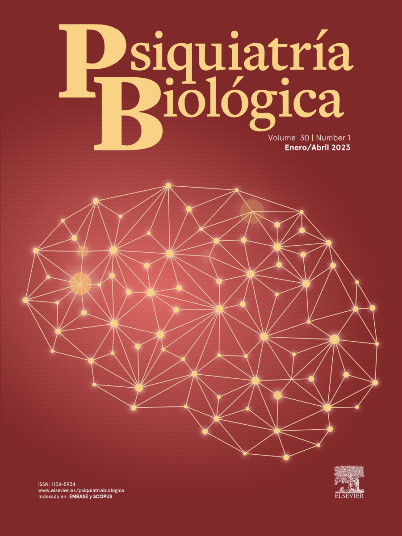La adecuada comprensión de un término psicopatológico requiere, no solo del conocimiento de la alteración descrita, sino también de los contextos y conceptos a partir de los cuales fue acuñado y de la transformación de los mismos a lo largo del tiempo. En el caso del trastorno formal del pensamiento se describe su evolución desde su incorporación a la psicopatología con fines puramente descriptivos y asociado a la influencia del asociacionismo y a la idea de una dependencia directa entre pensamiento y lenguaje hasta la actualidad, en que el uso de herramientas computacionales y de hipótesis provenientes de la lingüística han promovido su uso como instrumento diagnóstico y marcador pronóstico, al tiempo que ha significado la incorporación de nueva terminología.
Properly understanding a psychopathological term requires knowledge of the disorder described, the contexts and concepts from which it was coined, and its modification over time. In the case of formal thought disorder, we describe its evolution from its incorporation into psychopathology for purely descriptive purposes and associated with the influence of associationism and the idea of a direct dependence between thought and language to the present day, in which the use of computational tools and hypotheses from linguistics have promoted its use as a diagnostic tool and prognostic marker, while simultaneously leading to the incorporation of new terminology.






